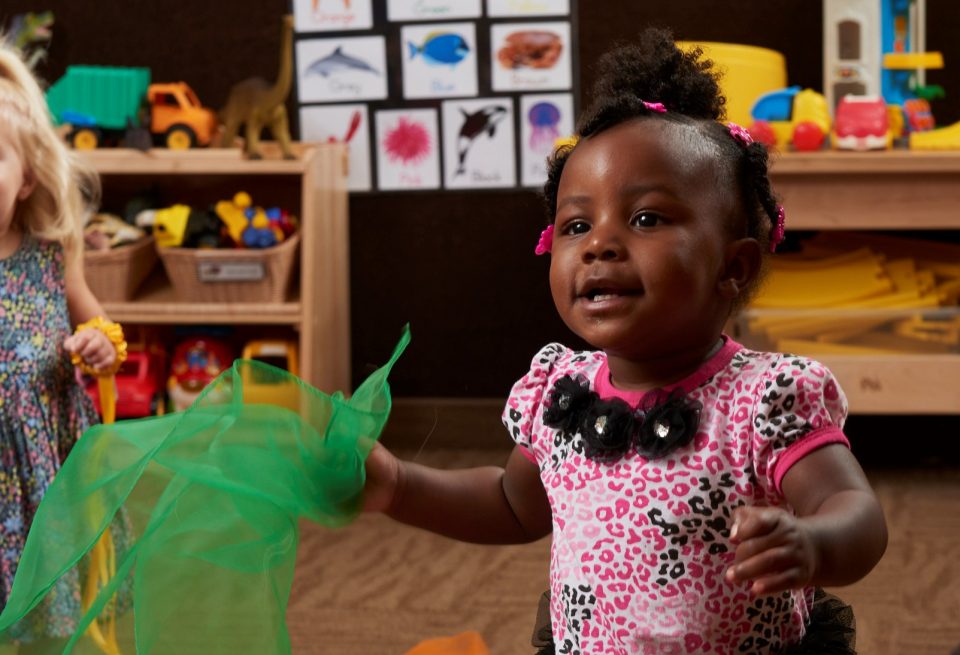Building Memory, Thinking, and Self-Control Skills with Your Infant

Memory, thinking, and self-control are three basic skills that people use every day. They help us pay attention, organize, plan and work on tasks. They also help us stay focused, manage emotions and keep track of what we are doing. Together, these are called executive function skills. Young children need help to develop these skills as part of healthy brain development.
There are three main types of executive function skills:
- Working memory skills help a child retain information and use it to answer questions.
- Flexible thinking skills help a child find relationships between different ideas.
- Self-control skills help a child regulate emotions and keep from acting impulsively.
There are many ways to help young children develop these skills, including games and play. Below are some activities you can do every day with children ages 6 to 18 months old.
Activities for 6 to 18-month-olds
These activities help build executive function skills. You can choose which activity best matches your child’s interest, and let them determine how long to play.
Lap games
These activities exercise your child’s working memory, and let them anticipate what’s going to happen. Classic lap games include “Peek-a-boo” and “Pat-a-cake.”
Hiding games
Challenge your child’s working memory by hiding items for them to find. For very young infants, hide a toy under a cloth and encourage your child to look for it. Older children may enjoy hide and seek, and listening to you search loudly for them as they mentally track your location.
Imitation or copying games
These games help children practice their attention skills, working memory and self-control. Take turns making simple gestures like waving or making a toy animal hop or run. Ask your child to copy you when playing with toys, such as placing animals in a barnyard or putting one block on top of another.
Simple role-play
For toddlers, use simple role-play to practice working memory, self-control and selective attention. Take turns with activities such as sweeping the floor, picking up toys or dusting. These games introduce the basics of imaginary play. They require a child to keep an activity in mind and avoid distractions to complete it.
Finger plays
Simple hand motions develop self-control, working memory and language. Toddlers learn to copy movements to a song. With practice, they will remember the sequence. Examples include “Eensy Weensy Spider,” “Where is Thumbkin?” and “Open, Shut Them.”
Talking and conversations
Talking with your child builds attention skills, working memory and self-control. Point out and talk about interesting objects for the infant to focus their attention on. As babies learn language, they also develop their memory of what is said, eventually matching words to objects and actions.
For more ideas to encourage healthy development, visit www.helpmegrowmn.org.



